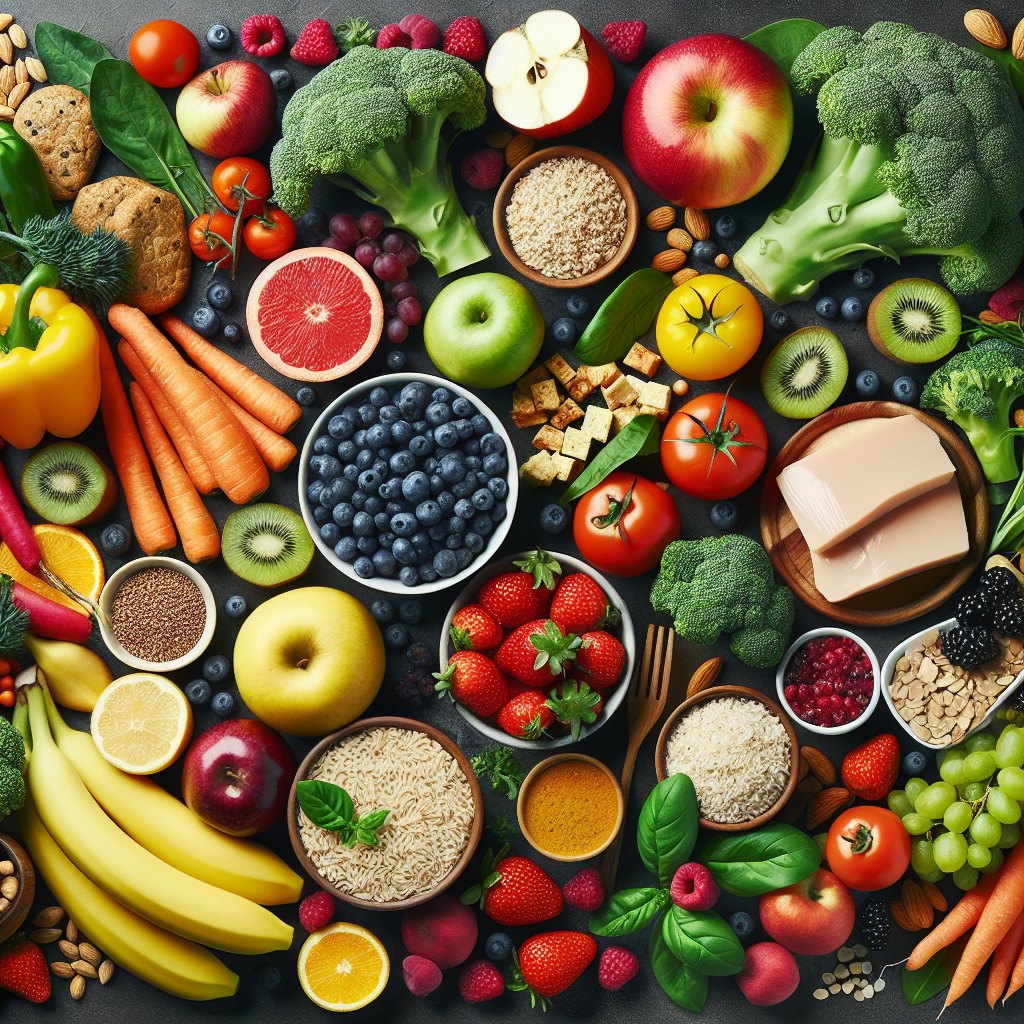Understanding the Basics of Mindfulness Meditation
Mindfulness meditation is a powerful practice that has gained popularity in recent years due to its numerous mental health benefits. Understanding the basics of mindfulness meditation is essential for anyone looking to improve their mental well-being through this practice. At its core, mindfulness meditation involves cultivating a heightened awareness of the present moment without judgment. This involves directing your attention to the sensations of your breath, bodily feelings, and the environment around you, while acknowledging any thoughts or emotions that arise without becoming attached to them.
By understanding the basics of mindfulness meditation, individuals can begin to grasp the importance of being fully present in the moment and accepting their experiences without trying to change them. This practice encourages individuals to observe their thoughts and feelings from a distance, fostering a greater sense of emotional regulation and clarity. Through regular mindfulness meditation, individuals can develop a deeper understanding of their inner workings and cultivate a greater sense of peace and well-being.
Overall, mindfulness meditation serves as a practical and accessible tool for nurturing mental well-being, and grasping the fundamental principles is essential for anyone looking to integrate this practice into their daily life.
Implementing Mindfulness Meditation in Daily Life
Implementing mindfulness meditation in daily life can be a transformative practice for nurturing mental well-being. Mindfulness meditation involves bringing attention to the present moment without judgment, and it can be integrated into daily routines to cultivate a sense of peace and clarity. One practical way to implement mindfulness meditation is to start with short sessions, such as a few minutes in the morning or during a lunch break. It’s important to find a quiet space where you can focus on your breath and bodily sensations.
Another approach to integrating mindfulness meditation into daily life is to incorporate it into activities like walking, eating, or even cleaning. For example, while walking, you can pay attention to the sensation of each step and the surrounding environment. During meals, you can savor each bite, paying attention to the flavors and textures of the food. When cleaning, you can focus on the movements and sensations associated with the task at hand.
Additionally, using mindfulness meditation techniques during moments of stress or difficulty can be particularly beneficial. Taking a few deep, mindful breaths during stressful situations can help to create a pause and bring a sense of calm. Over time, these practices can become second nature, leading to a more mindful and centered approach to life.
Incorporating mindfulness meditation into daily life takes practice and patience, but the benefits for mental well-being are significant. By being present in each moment, individuals can reduce stress, improve focus, and cultivate a greater sense of overall happiness and contentment.
Science-backed Benefits of Mindfulness Meditation
Mindfulness meditation has gained increasing attention in recent years due to its science-backed benefits for mental well-being. Numerous studies have shown that practicing mindfulness meditation can have a positive impact on various aspects of mental health. One of the key benefits supported by scientific research is the reduction of stress and anxiety levels. By focusing on the present moment and becoming more aware of thoughts and emotions without judgment, individuals can experience a decrease in stress and anxiety.
Furthermore, mindfulness meditation has been linked to improved focus and cognitive function. Research has demonstrated that regular practice of mindfulness meditation can enhance attention span, memory, and the ability to make rational decisions. This can be particularly beneficial in today’s fast-paced world where distractions and information overload are prevalent.
Moreover, studies have also indicated that mindfulness meditation can contribute to better emotional regulation. People who engage in regular mindfulness practice often exhibit greater emotional resilience and are better equipped to manage difficult emotions. This can lead to an overall improvement in psychological well-being and a greater sense of inner peace.
Additionally, the scientific evidence supporting the benefits of mindfulness meditation extends to physical health as well. Research suggests that mindfulness practice may help lower blood pressure, strengthen the immune system, and even alleviate symptoms of certain health conditions.
In conclusion, the science-backed benefits of mindfulness meditation are compelling, offering a holistic approach to nurturing mental well-being. By integrating mindfulness meditation into daily routines, individuals can potentially experience reduced stress and anxiety, improved focus and cognitive function, better emotional regulation, and enhanced physical health.





























